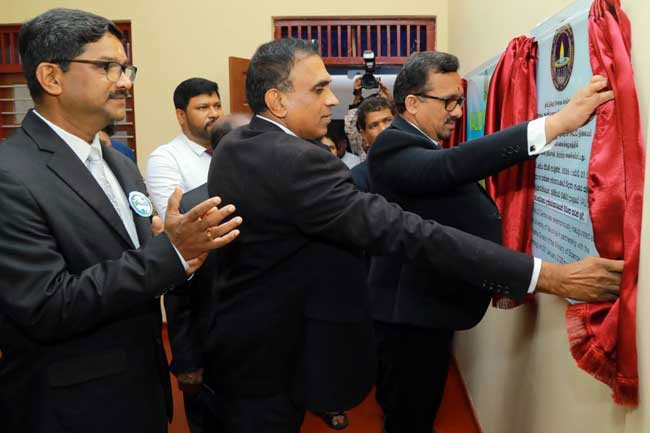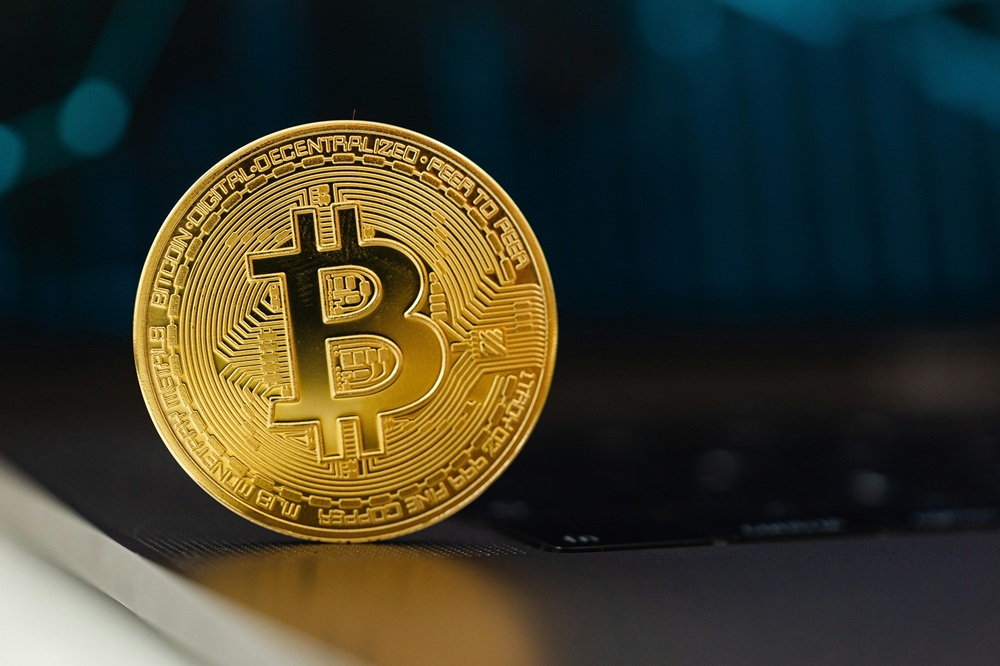Spoofing involves placing orders traders intend to cancel, hoping to create a false sense of market activity that moves prices in a direction they favor, and induce transactions that other traders would otherwise would not make.
FINRA said a junior trader and his supervisor at BofA Securities conducted 717 spoof trades between October 2014 and February 2021.
It also faulted the oversight system of the second-largest U.S. bank for being designed to detect only spoofing by trading algorithms, not manual spoofing.
The junior trader, Tyler Forbes, was accused of placing 194 spoof trades before Bank of America fired him in 2019.
He pleaded guilty in April 2022 to manipulating Treasury prices, and was sentenced to two years of supervised release, including one year of home confinement.
The former supervisor, Sidney Lebental, was accused of placing 523 spoof trades. He left Bank of America in 2021 and faces a FINRA disciplinary proceeding. Bank of America did not admit or deny wrongdoing in accepting FINRA’s fine and a censure.
The Charlotte, North Carolina-based bank in a statement said it cooperated with the regulator, and has made significant investments to improve surveillance and training.
In a separate spoofing case, former Bank of America traders Edward Bases and John Pacilio were in March each sentenced in Chicago to one year in prison for spoofing in precious metals.
Neither Forbes nor Lebental faced new accusations in FINRA’s announcement on Thursday.














